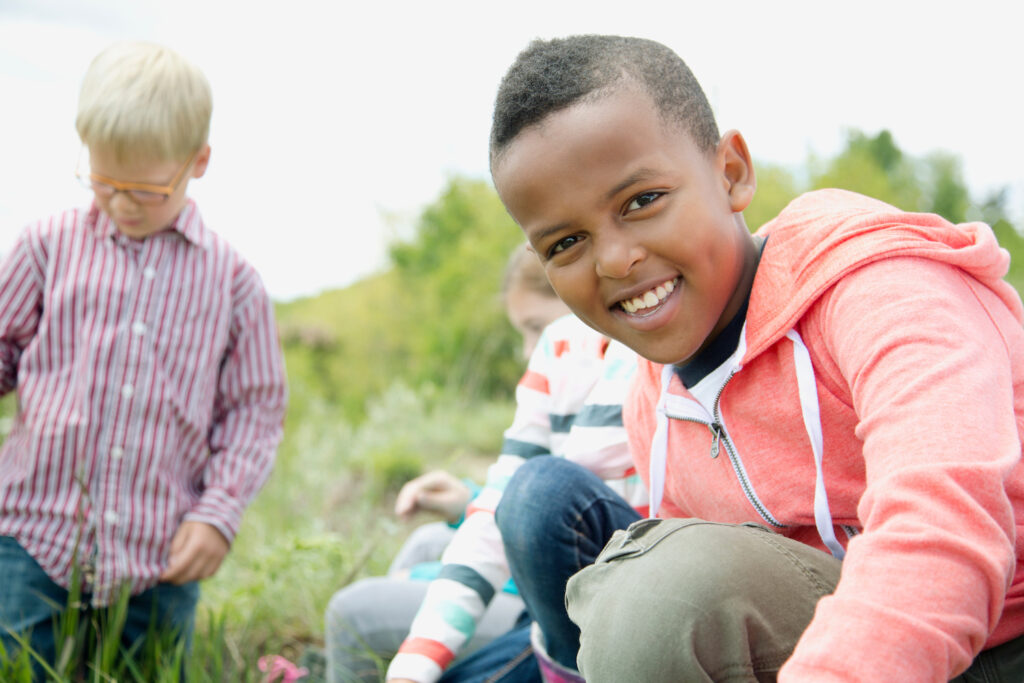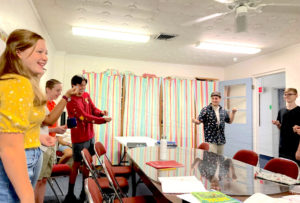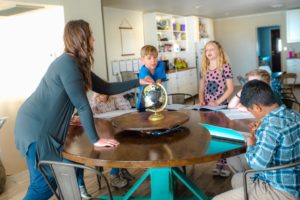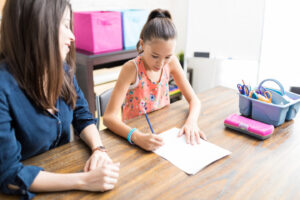Public school is ‘like a death march’: Parents talk about the switch to homeschooling and hybrid models
Leigh Cline of San Francisco began homeschooling after she saw issues in the public school system firsthand during the COVID-19 pandemic.
One of her daughters has learning difficulties, but…

Leigh Cline of San Francisco began homeschooling after she saw issues in the public school system firsthand during the COVID-19 pandemic.
One of her daughters has learning difficulties, but instead of getting the support she needed in the classroom, her teacher was yelling at her, Cline said.
“My daughter was acting out and needed guidance, but the school had too many kids to actually manage them all,” she said in an article by The Mercury News. “It just wasn’t working.”
So Cline joined the thousands of Californians last year who decided to opt out of public education. The number of homeschoolers has risen by 70% in the state since 2019.
“When you’re in public school, it’s almost like a death march: you’re going to go through this set of classes whether you like it or not,” Cline said. “I wish I’d (begun homeschooling) earlier.”
Nationwide trend
The increased homeschool numbers coincide with a 5% decline in public school enrollment in California, even after schools returned to in-person learning.
Those figures reflect a national pattern highlighted by the National Center for Education Statistics, which found enrollment in public schools had fallen by 1.3 million students from 2019 to 2021.
Reasons for homeschooling vary among parents, but many cite their children’s improved academic experience.
Arsala Khan enrolled her oldest daughter, Ifza, in a part-time homeschool program in 2017. The program provided a classroom setting for two days a week. Soon Ifza’s two siblings had joined her, and the family now homeschools full time.
“This was kind of my way of rebelling against Silicon Valley’s singular focus on strong academics, and the idea that math and science was all that mattered,” Khan said. “I wanted my kids to have a more organic process of learning so that they wouldn’t end up hating it.”
Other families discovered homeschooling could help children avoid premature social pressure from their peers. They still have plenty of opportunities to socialize, from in-person classes to homeschool co-operatives or co-ops, which meet in parks or on field trips.
“If you look at this grand experiment of public education, the numbers are out,” said Alissa Arnold, who now homeschools her three children. “The anxiety, the suicide, the mental health. We’re just not getting it right.”
Homeschooling helped her family create a paradigm shift by introducing more flexibility into their lifestyle, Arnold said.
Longtime homeschoolers like Jamie Heston have noticed interest in homeschooling has increased amid school violence concerns.
Not only do parents fear for their children’s safety, but some have also questioned whether active-shooter drills – particularly among preschoolers – may cause psychological and emotional harm to students.
“Every time there’s a school shooting, we see a boost,” Heston said of increased participation in her homeschool Facebook group. “Every time there was talk of a COVID mandate, we saw a boost. But the biggest boost came from the pandemic.
“People got a glimpse into their child’s classrooms, and many of them didn’t like what they saw.”



